Note
Do you have any advice/ stories for people that don’t feel like they belong in the community?
I actually do. I think there is a bit of a healthy split to have in your interactions with the queer community. Because there is the queer community, and then there are queer people who are a part of your community. The queer community you have to take as a whole, messy as it is. But you are also allowed to make a smaller, separate community of queerness for yourself.
For me, the split looks like this: I talk about my gender journey, unpack hurt, share joy, and call in my community. As for the wider queer community, I put out resources, I volunteer, and I support financially and socially when I can. This split can look different for you. I don't engage, and I don't let people engage with a certain side of me unless they are in MY community. Sometimes, it's for comfort; sometimes, it is for safety.
If you feel removed from the queer community, ask yourself which version of the queer community you're feeling isolated from. Is it that you don't have a community that feels personal and close, or does it feel like you don't have your roots in the wider community? Each issue requires different work.
If you feel disconnected from the wider community, my first prompt would be to see if that is caused by a feeling of imposter syndrome that may have been pushed forward by gatekeepers. If so, it's not uncommon, and it's worth seeing if you can unpick that. Then the next step (or first if imposter syndrome is not the issue) is volunteering at a local queer org or finding a way to share your voice through creation.
If it is a feeling of disconnect from having a personal queer community, it's the same advice to anyone looking to build a community. Be the person you want to find. Nurture yourself and reach out to others.
A book that I would recommend picking up for a very in-depth look at the queer community and its complications is:
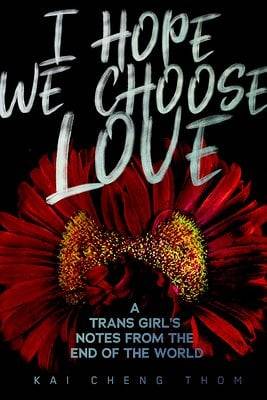
I Hope We Choose Love: A Trans Girl's Notes from the End of the World
Kai Cheng Thom
(Affiliate link above)
I hope this helps, and I hope you find both forms of community soon!
3 notes
·
View notes
Note
Do you have any recommendations of books/ studies/ articles about the representation of queer people in media? Thank you for all the work you do!
Yes absolutely, I would be happy to share. Any discussion like this needs to mention The Celluloid Closet: Homosexuality in the Movies by Vito Russo. Making Queer History does have a set of articles about this as well, with Queen Christina, Queer Codes, and Queer Coding and Different from the Others.
Some more modern books that I can vouch for are:

The Male Gazed: On Hunks, Heartthrobs, and What Pop Culture Taught Me about (Desiring) Men
Manuel Betancourt

It Came from the Closet: Queer Reflections on Horror
Joe Vallese
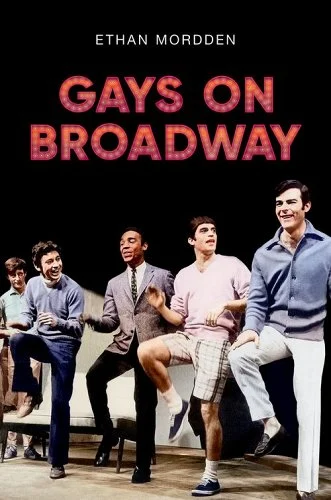
Gays on Broadway
Ethan Mordden

Hi Honey, I'm Homo!: Sitcoms, Specials, and the Queering of American Culture
Matt Baume

We See Each Other: A Black, Trans Journey Through TV and Film
Tre'vell Anderson
(Affiliate links above)
This is just what I have read though, so other's are free to add on!
18 notes
·
View notes
Note
can I just say. I grew up in Trinidad. I miss the trans women :( it's changed. I wish they'd remember.
For those just looking in, this is a reference to a book I just read called Going to Trinidad, which is nonfiction with the summary:
"For more than four decades, between 1969 and 2010, the remote former mining town of Trinidad, Colorado was the unlikely crossroads for approximately six thousand medical pilgrims who came looking for relief from the pain of gender dysphoria. The surgical skill and nonjudgmental compassion of surgeons Stanley Biber and his transgender protege Marci Bowers not only made the phrase “Going to Trinidad” a euphemism for gender confirmation surgery in the worldwide transgender community, but also turned the small outpost near the New Mexico border into what The New York Times once called “the sex-change capital of the world.”"
The book explores the realities of this, as well as some of the patients who had varying experiences with earlier iterations of gender confirmation surgery and the medical system around that. One of the things it talks about is the erasure of this history, and I can definitely understand how that would feel for someone who actually lived through the transition. One of the reasons queer history is so vital to share is because of things like this, if the town had its way, it might have disappeared from the collective memory.
64 notes
·
View notes
Text
Queer history fact: From 1938-1939, San Domino in Italy was designated an internal exile exclusively for queer people. What began as an attempt to exclude any men who didn’t fit the fascistic ideal of perfect masculinity, ended as a glimpse of the queer community in an impossible time. Equally a prison and a carved-out space where queer people connected in hostile circumstances, San Domino proves the past and continued resilience of the queer community.
476 notes
·
View notes
Text
Queer history fact: While touring, known bisexual, Josephine Baker would write information she had gathered on her music sheets in invisible ink and smuggle it across borders in her underwear, counting on her fame to save her from being strip-searched. She had a close relationship with her spy handler, and the two began an open relationship where they returned to each other as close confidants. When her health troubles began during the war, she would use her bedridden position to set up a secure place for her and her handler to run their covert operations, as no one could be suspected of nefarious activities just because they visited the famous Josephine Baker in the hospital.
1K notes
·
View notes
Text

The Deep
Rivers Solomon
Yetu holds the memories for her people--water-dwelling descendants of pregnant African slave women thrown overboard by slave owners--who live idyllic lives in the deep. Their past, too traumatic to be remembered regularly is forgotten by everyone, save one--the historian. This demanding role has been bestowed on Yetu. Yetu remembers for everyone, and the memories, painful and wonderful, traumatic and terrible and miraculous, are destroying her. And so, she flees to the surface escaping the memories, the expectations, and the responsibilities--and discovers a world her people left behind long ago. Yetu will learn more than she ever expected about her own past--and about the future of her people. If they are all to survive, they'll need to reclaim the memories, reclaim their identity--and own who they really are.
(Affiliate link above)
230 notes
·
View notes
Note
What is your favourite art inspired by queer history?
I cannot give one answer to this question, so I will share my top two!
First, this isn't inspired by any particular story in queer history, but it is a queer historical fiction that remains one of my favourite books of all time. It was such a tender yet painfully accurate portrayal of queer love as it has existed in different times and how it connects people throughout time and space.
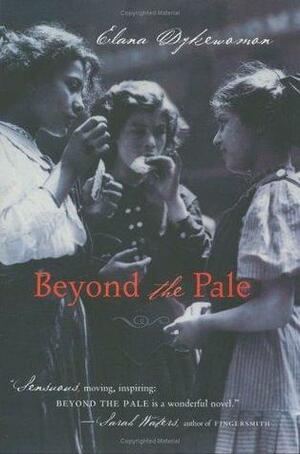
Beyond the Pale by Elana Dykewomon
Next is this poem based on the ballet dancer Vaslav Nijinsky, by Frank Bidart. What is specifically notable about this snippet of the poem that I found accidentally on Pinterest, is that Vaslav Nijinsky and his journals are a part of the history of the diagnosis of schizophrenia. Vaslav himself had a difficult time coming to terms with this diagnosis and his subsequent institutionalization, as his brother had a similar experience and watching it was very upsetting for Vaslav. In this poem, the separation between the sanity Vaslav craves and the mental illness he fears is guilt for the actions he takes that hurt people. So we find him in this moment in the snow after running away from his wife and child:
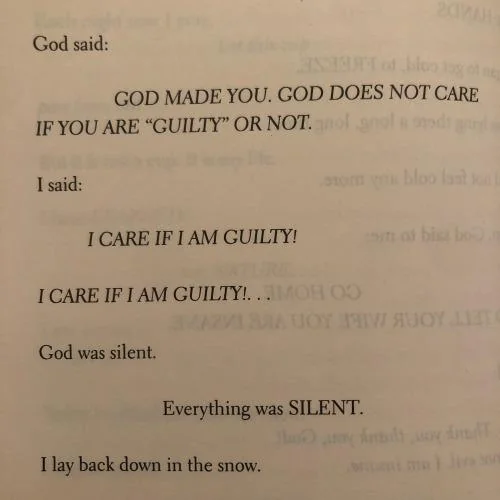
612 notes
·
View notes
Text
Any reading/viewing/listening recommendations for gender variance in the prairies?
20 notes
·
View notes
Text
We just surpassed 3,000 followers on Instagram!
8 notes
·
View notes
Note
Do you have any resource recommendations for learning about transmisogyny / trans feminism, especially written by a transfeminine author?
Okay, the first book that comes to mind is fiction and kind of intense, but I will recommend it anyway because it is one of my favourite books of all time:
Tell Me I'm Worthless
Alison Rumfitt
Another favourite for this, also fiction, is:
Fierce Femmes and Notorious Liars: A Dangerous Trans Girl's Fantabulous Memoir
Kai Cheng Thom
A nonfiction that is short but fantastic is:
I'm Afraid of Men
Vivek Shraya
349 notes
·
View notes
Text
"There is a rich queer linguistic history in Germany. Many of the words still used to talk about queerness originated there with people like Magnus Hirschfeld, a man whose contributions to the modern queer community cannot be overstated. A lesser discussed name is Emma Trosse, and with her, the beginnings of asexuality as an identity can be found. Standing on the legacy of Karl Heinrich Ulrichs and possibly writing some of her work defending queer identities before Hirschfeld, her name deserves more discussion."
214 notes
·
View notes
Note
queer palestinian and arab content please
I love this, I will admit I am still doing research into queer Palestine, but here are some of the books I have been recommended to pick up so far!
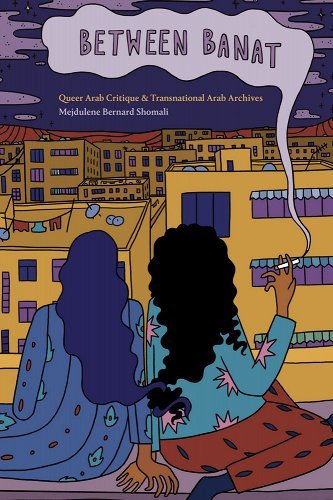
Between Banat: Queer Arab Critique and Transnational Arab Archives
Mejdulene Bernard Shomali
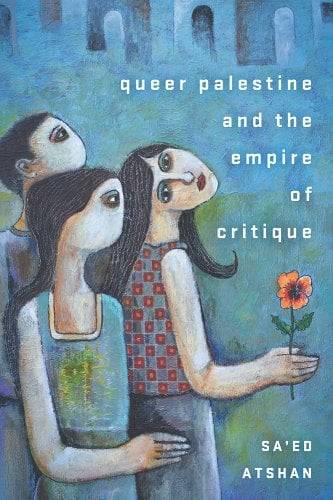
Queer Palestine and the Empire of Critique
Sa'ed Atshan

Decolonial Queering in Palestine
Walaa Alqaisiya
(Some of the links above are affiliate links, and I will be donating the profits of that)
As for other resources, there is Queering the Map, a project I have been a fan of for a while now.
2K notes
·
View notes
Text
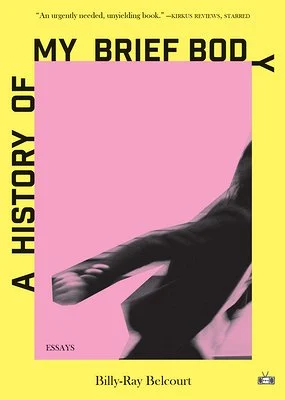
A History of My Brief Body
Billy-Ray Belcourt
Billy-Ray Belcourt's debut memoir opens with a tender letter to his kokum and memories of his early life in the hamlet of Joussard, Alberta, and on the Driftpile First Nation. Piece by piece, Billy-Ray's writings invite us to unpack and explore the big and broken world he inhabits every day, in all its complexity and contradiction: a legacy of colonial violence and the joy that flourishes in spite of it; first loves and first loves lost; sexual exploration and intimacy; the act of writing as a survival instinct and a way to grieve. What emerges is not only a profound meditation on memory, gender, anger, shame, and ecstasy, but also the outline of a way forward. With startling honesty, and in a voice distinctly and assuredly his own, Belcourt situates his life experiences within a constellation of seminal queer texts, among which this book is sure to earn its place. Eye-opening, intensely emotional, and excessively quotable, A History of My Brief Body demonstrates over and over again the power of words to both devastate and console us.
(Affiliate link above)
146 notes
·
View notes
Text
In 2024 the goal for Making Queer History is to bring the project up to a financially sustainable place. Up until now, we have been scraping by, but now we want to have breathing room. If you want to be a part of that, click here.
451 notes
·
View notes
Text
Our Patrons voted for me to read Going to Trinidad this month, and since I finished it with plenty of time to read more queer books, I put up another poll! If enough people vote on this one, I might consider putting up polls semi-regularly so non-patrons can get a chance to vote on what I read next!
18 notes
·
View notes
Text
Queer history fact: Magnus Hirschfeld (1868-1935) performed the first successful modern gender confirmation surgery, pioneering the surgeries used today. He was nicknamed "the Einstein of sex" for his work.
2K notes
·
View notes
Text
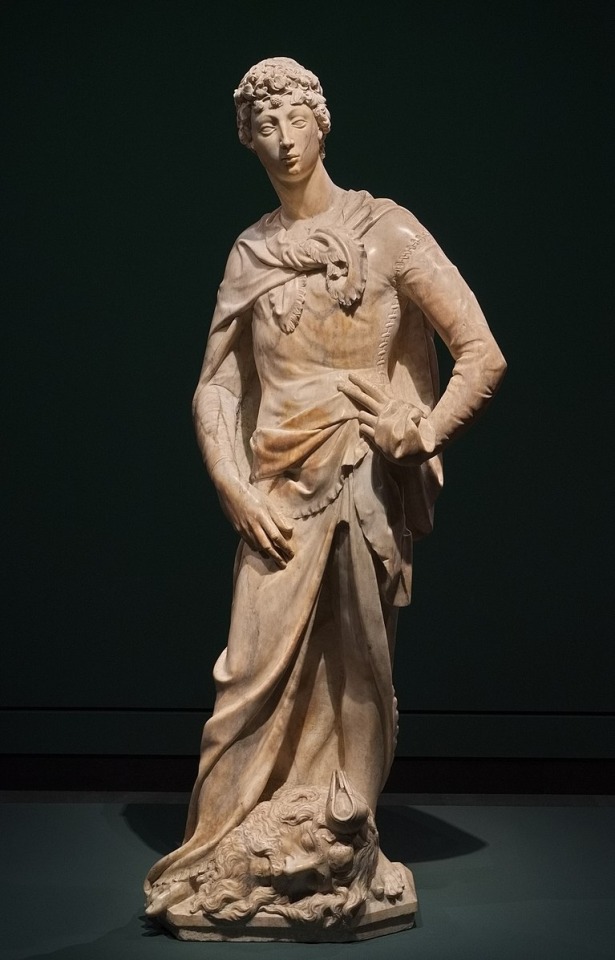
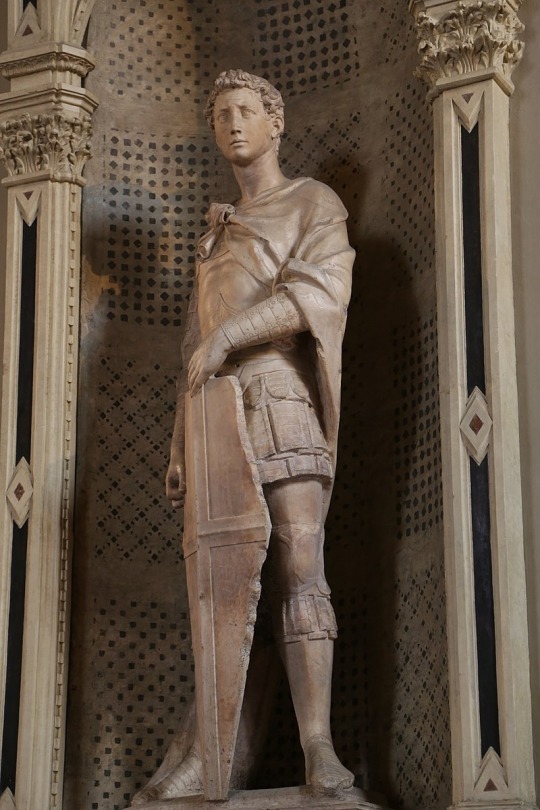
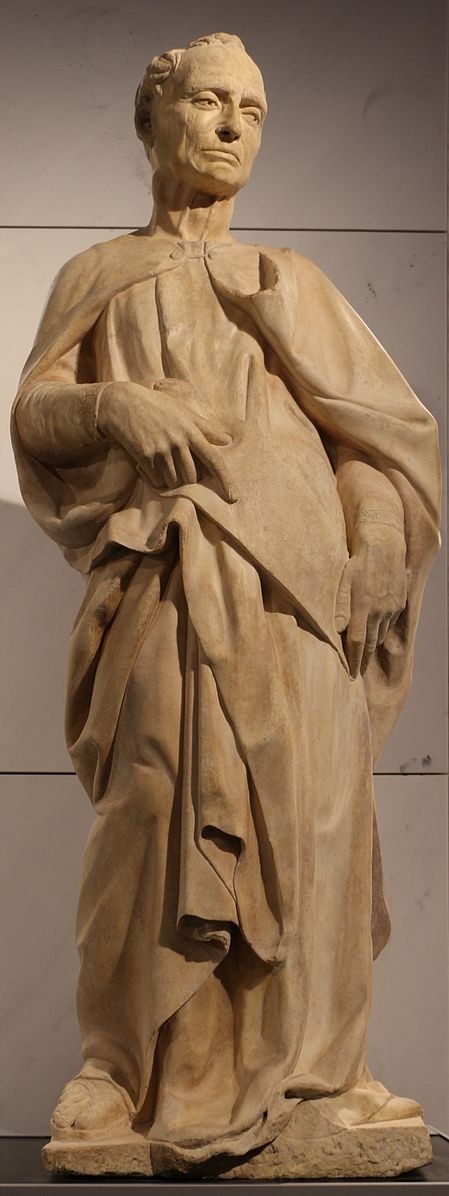
Selected Works from Donatello
Note: The photos of these works are available under a Creative Commons Attribution-Share Alike 4.0 International license rather than Public Domain
Donatello is perhaps one of the most well-known Italian sculptors, but little is certain about his private life.
Like many notable Renaissance artists including De Vinci and Michelangelo, Donato di Niccolò di Betto Bardi was financially supported by the Medici family. Donatello neither married nor had any known children, but he still enjoyed patronage from the Medici family even in his old age. While he modeled his work after ancient Greek and Roman works, his style is now emblematic of the Early Renaissance style of sculpture. While his works are numerous and impressive, David is by far his most well-known today (not to be confused with Michelangelo's David).
It's unfair to say Donatello's sexuality did not impact his work — who we are will always often the work we create whether it is consciously or not — but it's difficult to say exactly how. By some accounts, Donatello's sexuality was well-known in Florence. Other accounts, particularly those from straight historians, are more vague. Unfortunately, the intentional closeting of queer people by straight historians is a common problem we've discussed before. Neither Donatello nor his fellow artists, supporters, or even detractors spoke of his sexuality explicitly. There are also no recorded charges for sodomy against Donatello, while other queer artists were not as fortunate.
All that being said, that does not mean there is no evidence of Donatello's sexuality. He was known to hire handsome assistants, often choosing them for their beauty rather than artistic talents. It is possible his sexuality was known and accepted because of his popularity, talent, and support from the Medici family. And, of course, there are countless queer people throughout history for whom we will never find records or stories.
Donatello
public domain art
175 notes
·
View notes